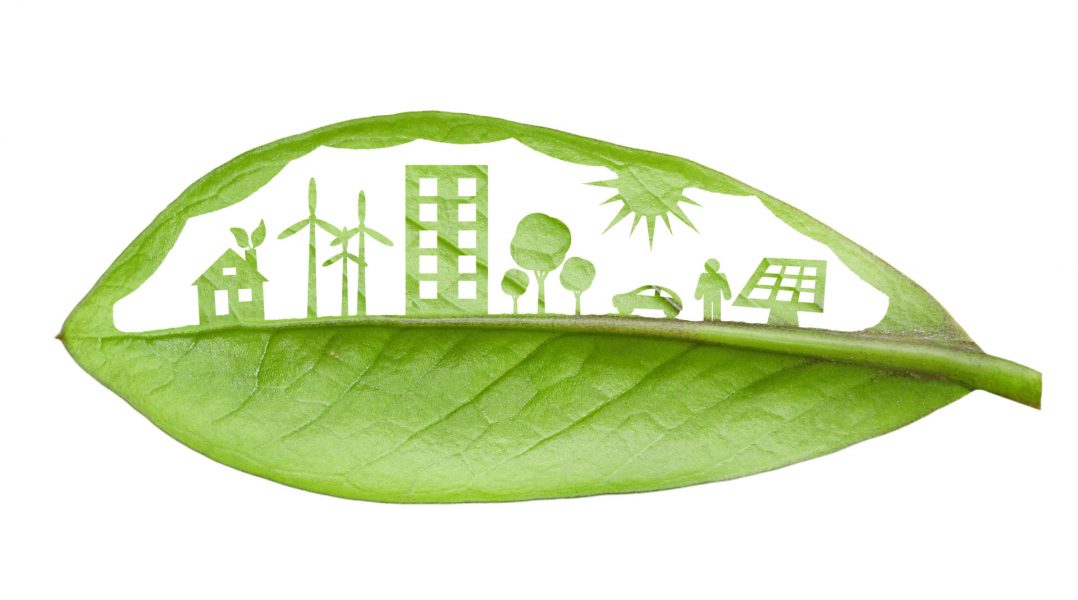Royal DSM is a global science-based company specializing in nutrition, health, and materials. Within its corporate strategy, the company defines long-term sustainability aspirations, which include targets to improve the eco-efficiency of its operations.
Now, the Dutch enterprise has announced that by 2030, it will offer a fully alternative range of its existing engineered plastics portfolio based on bio and recycled materials in order to meet the growing consumer and legislative demand for sustainable living practices with circular products. The company has stated their decision for a full portfolio of alternatives that contain at least 25% recycled and/or bio-based content by weight in the final product independently verified and covered by certification.
25% recycled or bio-based content
Gerard Kwant, Senior Scientist of Polymerization Process Technology, said, “A product should contain at least 25% by weight of recycled and/or bio-based content for it to be called by us bio-based or recycled-based to qualify for our journey. This also holds for compounded materials, which may contain mineral additives, and not only on the polymeric part of it.”
According to the chemical company, this new portfolio will leverage a variety of different technologies and approaches including fermentation, mechanical recycling, and mass balance accounting of bio-based and/or chemically recycled feedstock.
The same functional performance
In the interim, DSM recently launched bio-based grades of its Arnitel and Stanyl product portfolio manufactured through a mass-balancing approach of bio-based feedstock, where the Stanyl bio-based grades are already available with the sustainability certification ISCC Plus. Joost d’Hooghe, Vice President Polyamides at DSM Engineering Plastics, said, “Our Arnitel and Stanyl bio-based alternatives will deliver the same functional performance as our conventional portfolio. This will enable our customers to easily shift to a more sustainable solution without having to requalify materials.”
“We will continue to actively invest in identifying and selecting the right chemical recycling and/or plant-based technologies for our portfolio,” continued Gerard Kwant. “To reach our overall goal of having bio-based and/or recycled-based alternatives for our entire portfolio, we will be cooperating with our suppliers, partners, and customers to unlock the potential of a more circular value chain together. And we do hope to inspire peer companies to follow our lead.”

















